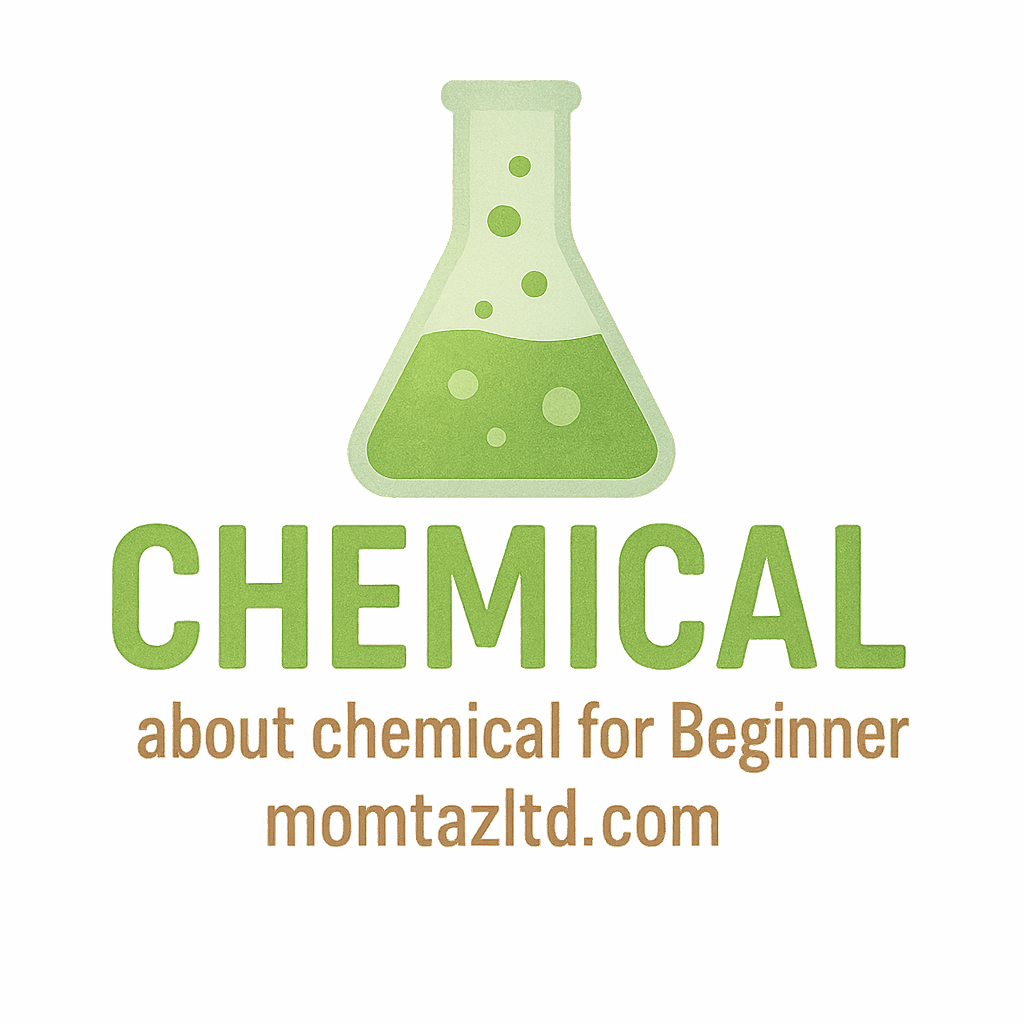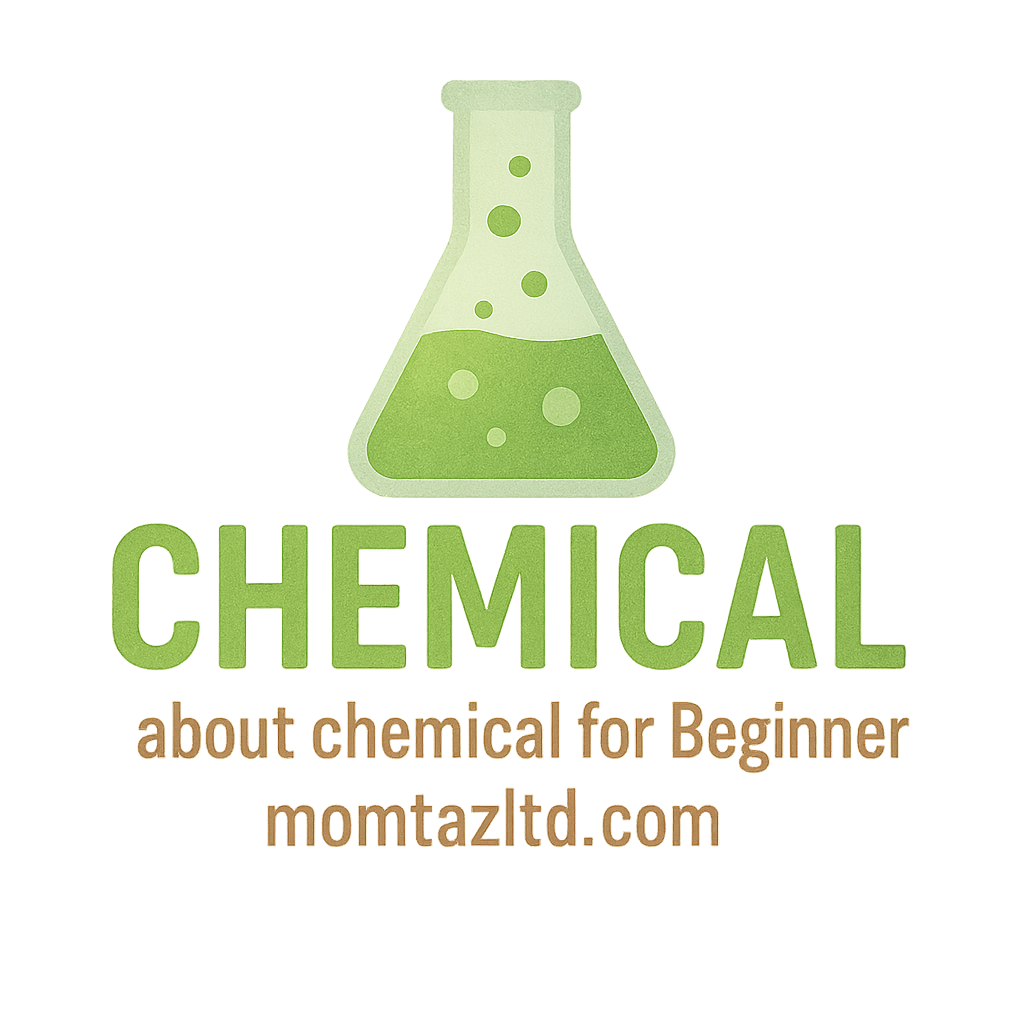Introduction: Why Chemistry Shapes the Future
If you’ve ever wondered why chemistry matters beyond high school labs, here’s the simple truth: chemistry is the backbone of nearly every technological advancement we see today. From medicine to clean energy, from food production to futuristic gadgets, chemicals shape our modern lives and will continue to drive future innovations.
For beginners stepping into this world, understanding how chemicals influence future technologies can feel overwhelming. But don’t worry—I’ll walk you through it step by step, in a conversational way, so you can see just how exciting this field really is.
The Role of Chemistry in Modern Innovation
Chemistry is often called the central science because it connects physics, biology, engineering, and technology. Every material, reaction, or energy source we rely on has a chemical foundation.
- Smartphones depend on rare earth elements and advanced polymers.
- Clean energy relies on chemical batteries and fuel cells.
- Medicine depends on biochemical reactions and molecular structures.
In short, without chemistry, most of the future tech we dream about would remain science fiction.
Learn more about chemical basics here.
Chemistry as the Foundation of New Materials
Think of chemistry as the recipe book for inventing new materials. Every “ingredient” (element) can be combined in different ways to create stronger, lighter, and smarter substances.
From self-healing plastics to transparent solar panels, new materials are the building blocks of future technologies.
Linking Chemistry with Technology
Without the right chemical formulas, engineers can’t build new devices, and scientists can’t design better medicines. That’s why so many careers now merge chemistry and technology.
(Interested in future career options? Check out Chemical Careers).
Future Technology #1: Green Energy Powered by Chemical Innovations
Energy is the heartbeat of progress, and chemistry is leading the way toward a cleaner, greener future.
Hydrogen Fuel Cells: A Cleaner Tomorrow
Hydrogen is the most abundant element in the universe, and scientists are using its chemical properties to power fuel cells that emit only water vapor.
- Cars, buses, and even planes are being developed with hydrogen fuel systems.
- Fuel cells rely on electrochemical reactions to generate electricity.
It’s like turning the air and water around us into clean, powerful energy.
Advanced Batteries and Energy Storage
Our phones, laptops, and electric cars all rely on batteries—but the chemistry behind them is rapidly evolving.
Role of Lithium and Alternatives
Lithium-ion batteries are popular today, but scientists are already working on sodium, magnesium, and even organic-based batteries to reduce environmental harm.
Safer and More Sustainable Materials
Future batteries won’t just last longer—they’ll also be safer, avoiding accidents like overheating or explosions.
For more on chemical reactions that power these changes, explore chemical reaction basics.
Future Technology #2: Smart Materials Changing Everyday Life
Imagine clothes that change color when you step outside, or roads that repair their own cracks after heavy rain. That’s not science fiction—it’s the power of smart materials created through chemistry.
Self-Healing Materials and Their Chemistry
These materials mimic biological healing. When scratched or broken, chemical bonds re-form to close gaps.
Applications include:
- Car paint that repairs scratches.
- Phone screens that heal cracks overnight.
Shape-Memory Alloys and Polymers
These are materials that “remember” their original shape. Bend them, twist them, heat them up—and they snap back like magic.
Applications in Medicine and Construction
- Stents in heart surgeries that expand at body temperature.
- Bridges that withstand earthquakes.
Discover more about household chemicals that use similar concepts.
Future Technology #3: Nanotechnology Driven by Chemical Reactions
Nanotechnology means working at the scale of atoms and molecules. It’s where chemistry meets imagination, and the results are groundbreaking.
Nanomedicine and Targeted Drug Delivery
Imagine medicine that finds only the sick cells in your body and heals them without touching the healthy ones. That’s nanomedicine powered by chemical engineering.
- Cancer treatments are being developed with this approach.
- Side effects could be minimized dramatically.
Nano-Catalysts for Industrial Growth
Catalysts speed up reactions, and when designed at the nano level, they can make industries more efficient.
- Cleaner fuels.
- Faster chemical production.
Environmental Cleanup with Nano-Chemicals
Nano-chemicals can break down pollutants in soil and water—almost like sending tiny cleaners into the environment.
Learn more in industrial chemicals.

Future Technology #4: Sustainable Agriculture with Chemical Solutions
Food production is a global challenge, and chemistry is offering solutions to grow more with less harm to the planet.
Eco-Friendly Fertilizers
Traditional fertilizers can harm the environment, but chemical innovations are producing slow-release, nutrient-rich options.
Biodegradable Pesticides
Instead of toxic sprays, scientists are creating pesticides that break down naturally after doing their job.
Precision Farming with Chemistry
Combining chemistry with data, farmers can deliver the exact amount of fertilizer or pesticide needed—no more, no less. This reduces waste and improves yields.
Learn more under chemical safety and responsible farming practices.
Future Technology #5: Advanced Healthcare Through Chemical Discoveries
Healthcare is where chemistry directly saves lives.
Personalized Medicine and Chemical Engineering
Everyone’s body is different, so why should we all take the same medicine? Chemistry is helping create personalized treatments based on genetic and chemical markers.
Regenerative Medicine and Biomaterials
Think lab-grown skin for burn victims or cartilage for joint replacement. Chemistry makes these biomaterials possible.
Artificial Organs and Chemical Research
Scientists are designing artificial kidneys, hearts, and lungs with chemical processes that mimic biological functions.
For learners, check out laboratory chemicals to understand how these experiments begin.
Why Beginners Should Learn Chemistry Today
So, why should you—as a beginner—care about chemistry?
Building Blocks for Career Paths
From pharmaceuticals to nanotechnology, career options are endless. Chemistry is your golden ticket to industries that define the future.
Explore more inspiration here.
Everyday Applications of Chemistry
Even at home, chemistry is everywhere:
- Cleaning supplies.
- Cooking reactions.
- Medicine cabinets.
Find practical guides at home tips.
Safety, Responsibility, and Chemistry’s Future
With great power comes great responsibility—and the same applies to chemicals.
Chemical Safety and Storage for Learners
If you’re practicing chemistry at home or in a lab, always ensure proper storage. Learn best practices at chemical storage.
Preventing Chemical Accidents
Mistakes happen, but many are preventable. Beginners should always use gloves, goggles, and proper labeling when handling chemicals.
Learn from real cases at chemical accidents.
Conclusion: Chemistry as the Heart of Future Technology
From green energy to nanotechnology, chemistry is quietly powering the future. Beginners who take the time to understand chemical basics today will be the innovators, scientists, and leaders of tomorrow.
Chemistry isn’t just about memorizing the periodic table—it’s about unlocking a world where technology and human imagination blend seamlessly.
Start your journey here: Momtaz Ltd.
FAQs
1. What are the top future technologies influenced by chemicals?
Green energy, smart materials, nanotechnology, sustainable agriculture, and advanced healthcare.
2. Why should beginners learn chemistry?
Because it’s the foundation of future careers, everyday problem-solving, and scientific innovation.
3. How do chemicals impact renewable energy?
Through advanced batteries, hydrogen fuel cells, and eco-friendly energy storage solutions.
4. Are smart materials already in use today?
Yes—self-healing plastics, memory alloys, and responsive fabrics are already being tested.
5. How does nanotechnology help medicine?
It enables targeted drug delivery and reduces harmful side effects of treatments.
6. Can chemistry make farming eco-friendly?
Yes, by creating biodegradable pesticides, eco-friendly fertilizers, and precision farming techniques.
7. Where can I learn more about chemical basics?
Visit Learn Chemical Basics for beginner-friendly resources.


